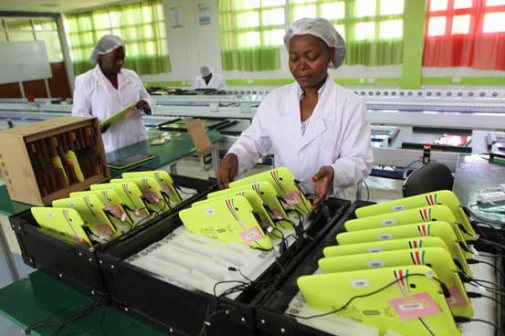×
The Standard e-Paper
Smart Minds Choose Us

NAIROBI, KENYA: At a graduation ceremony at the Nairobi of University back in 1983, former President Daniel Arap Moi issued a challenge to the academicians.
“Kenya has the knowledge and manpower to spur with the best of the word in manufacturing,” said the former head of State.